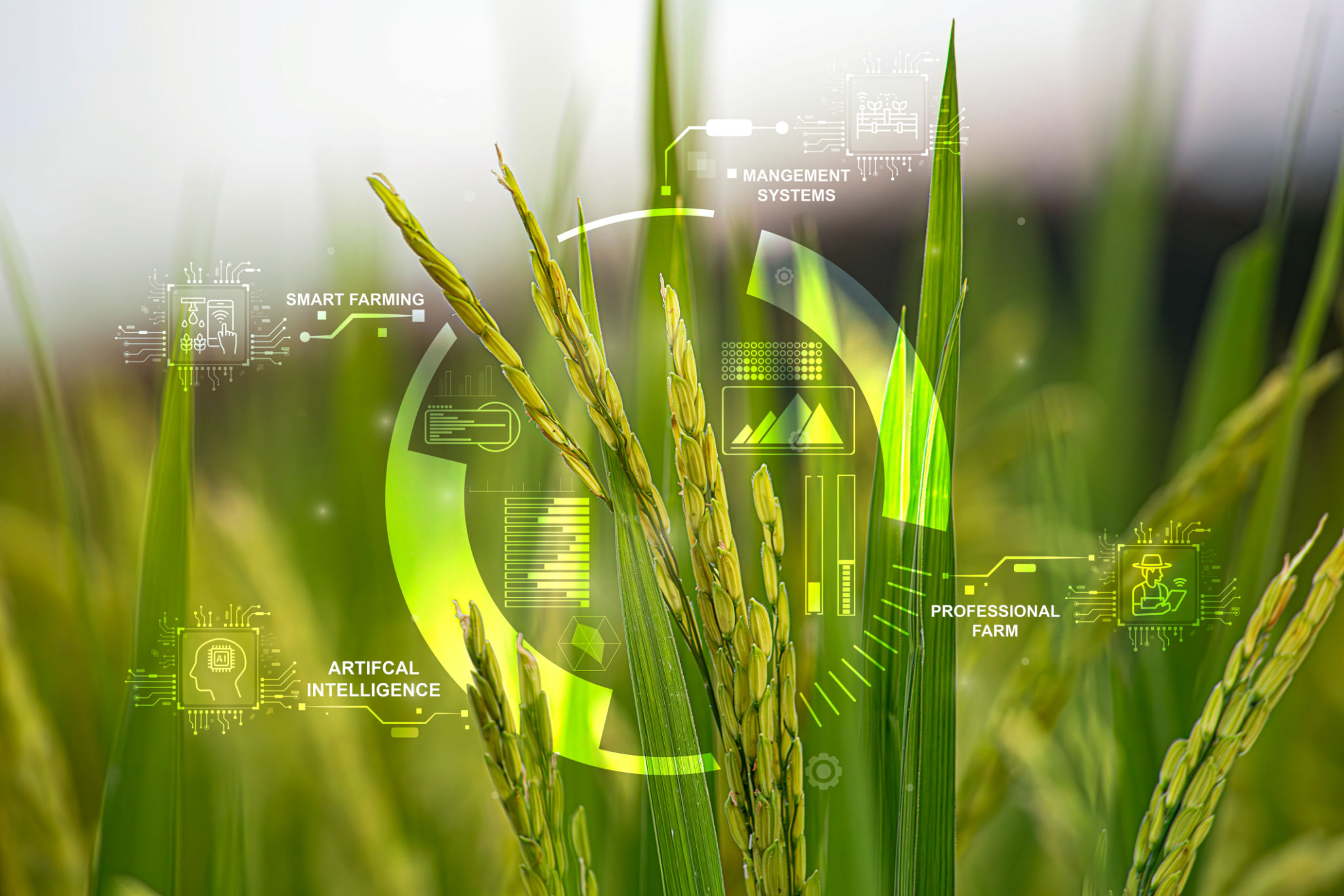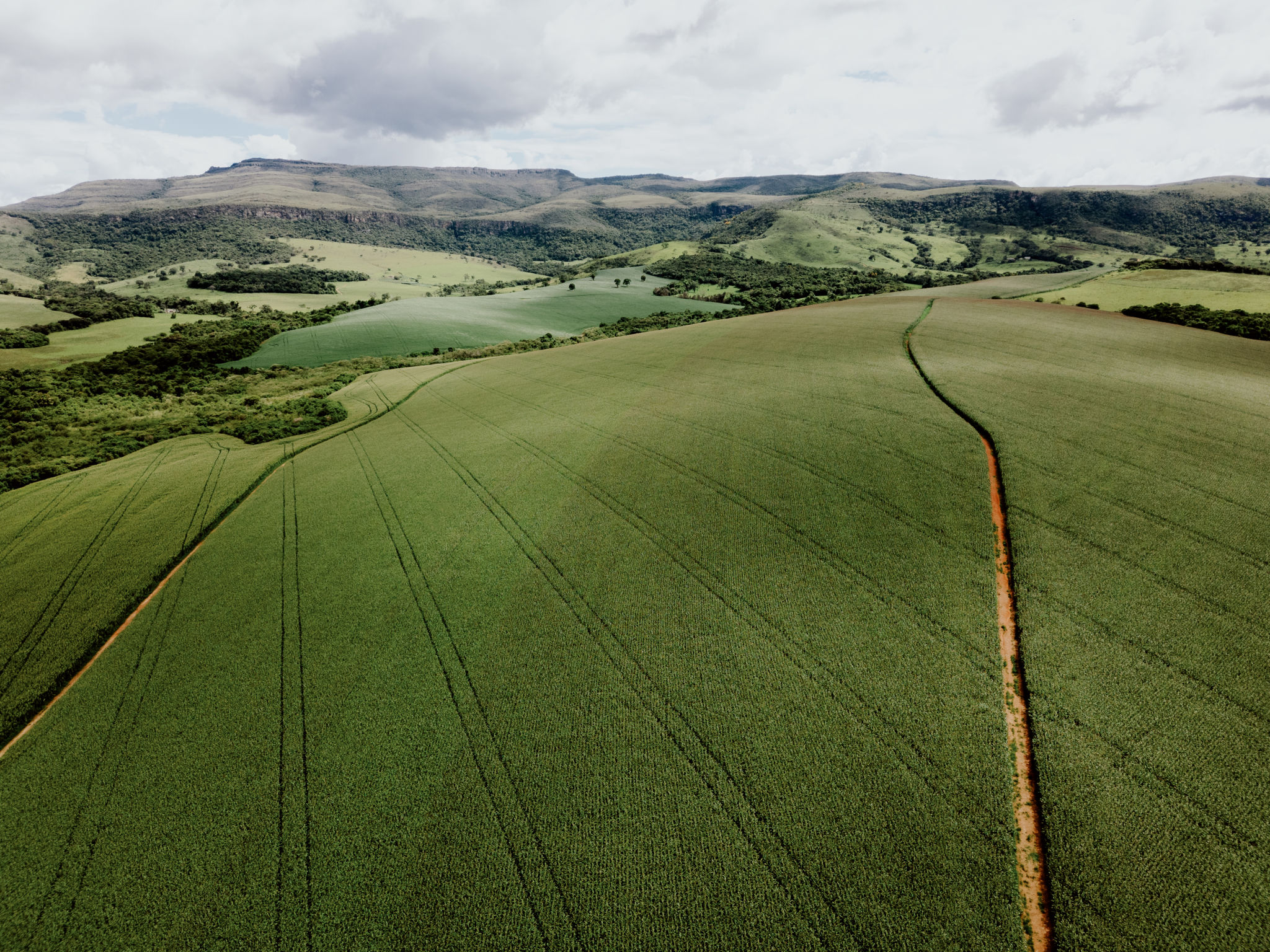AI Farming Benefits: A Comprehensive Guide for Indian Farmers
Introduction to AI in Agriculture
AI technology is transforming the agricultural landscape, offering numerous benefits to farmers worldwide. In India, where agriculture is a cornerstone of the economy, embracing AI can significantly boost productivity and sustainability. This guide explores how AI is revolutionizing farming practices across the nation.

Precision Farming with AI
Precision farming leverages AI to optimize field-level management with regard to crop farming. By utilizing data from various sources like satellite imagery and sensors, AI can provide farmers with precise information about soil health, crop conditions, and weather forecasts. This helps in making informed decisions about irrigation, fertilization, and pest control.
Soil and Crop Monitoring
AI-powered tools can analyze soil health and crop conditions in real-time. This allows for timely interventions to enhance crop yields and maintain soil fertility. Farmers can use these insights to apply the right amount of fertilizers and water, minimizing waste and reducing environmental impact.

AI-driven Pest and Disease Management
Pests and diseases are significant threats to crop production. AI technology can predict outbreaks by analyzing weather patterns, crop health, and historical data. Early detection and intervention can save crops from devastating losses, ensuring a better yield and reducing reliance on chemical pesticides.
Automated Surveillance Systems
AI-driven surveillance systems equipped with drones and cameras can monitor large fields for signs of pest activity. These systems can alert farmers to potential issues, allowing for quick and targeted pest management strategies.

Enhancing Supply Chain Efficiency
AI is not only beneficial on the farm but also plays a crucial role in the agricultural supply chain. From predicting market demand to optimizing logistics, AI helps in reducing waste and ensuring farmers get the best prices for their produce.
Market Prediction and Pricing
AI algorithms can analyze market trends and predict future demands, helping farmers decide the right time to sell their produce. This ensures better pricing and reduces the risk of surplus and wastage.

Challenges and Future Prospects
While AI offers numerous benefits, there are challenges such as the cost of technology and the need for technical expertise among farmers. However, with government support and collaboration with tech companies, these challenges can be overcome, paving the way for a more sustainable and profitable agricultural sector in India.
In conclusion, AI holds immense potential to transform Indian agriculture. By adopting these technologies, farmers can enhance productivity, reduce costs, and contribute to a more sustainable future.
